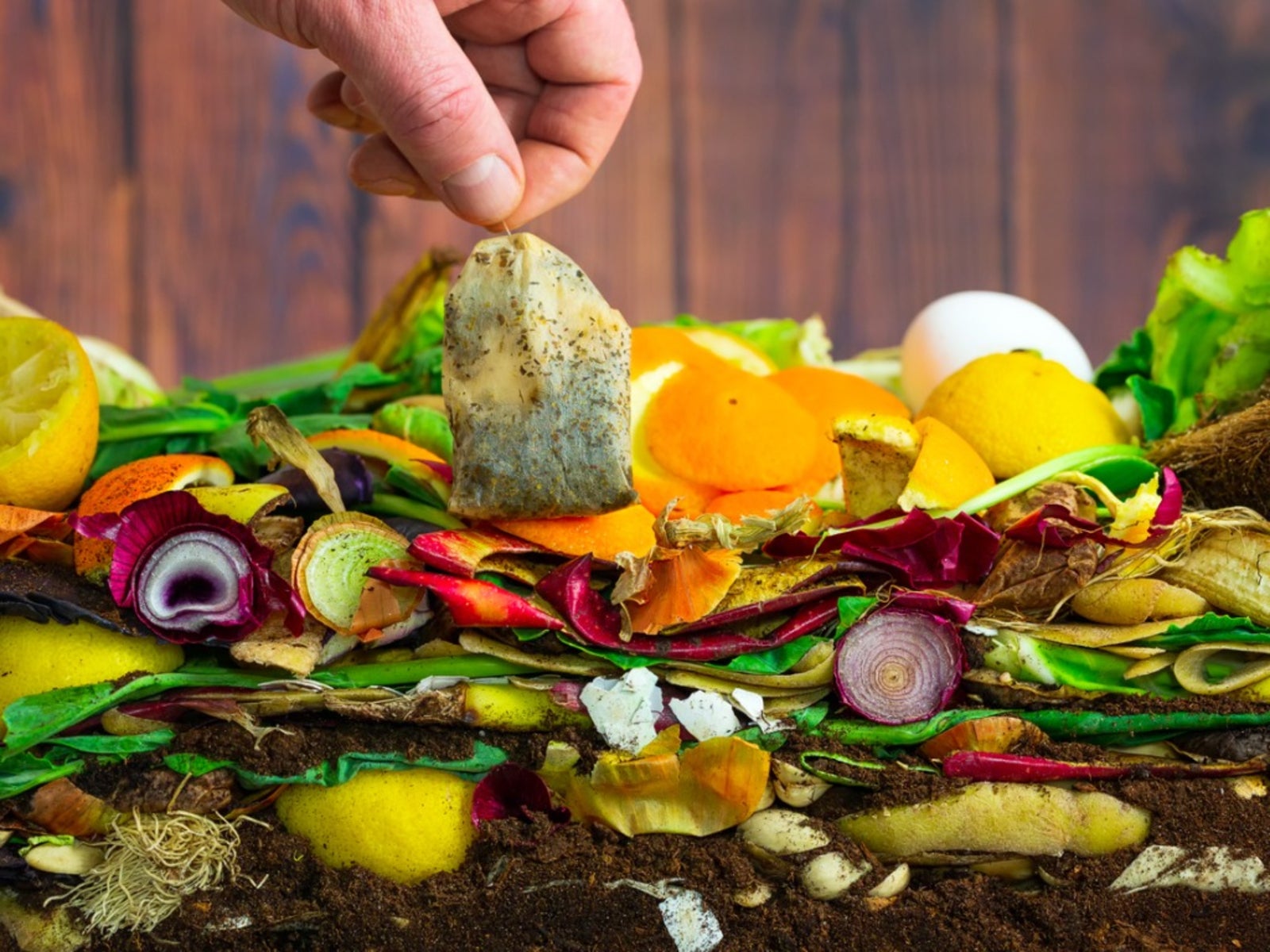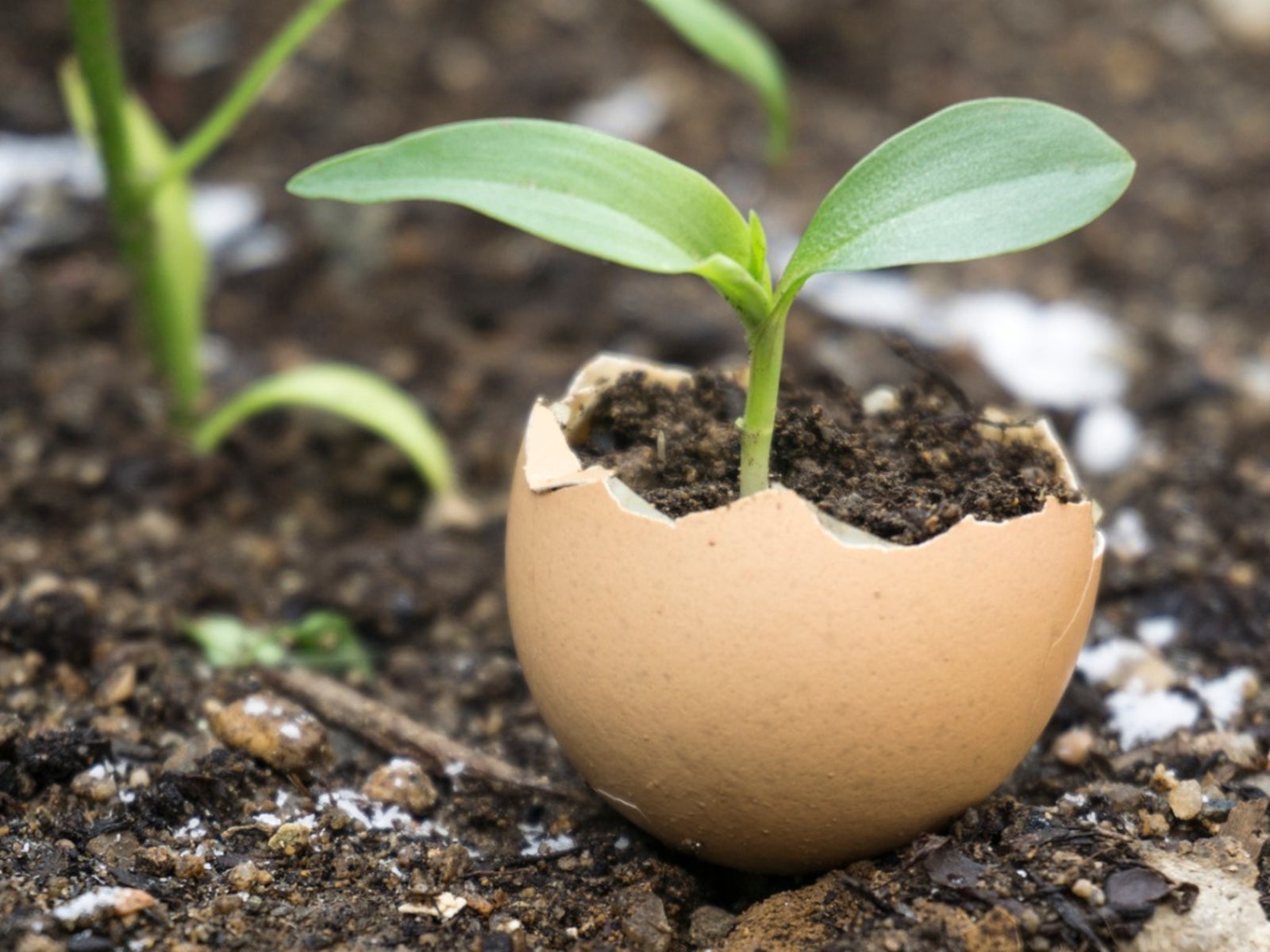Compost Ingredients
While there are many ingredients for compost, you can’t put everything in the compost pile. Some things, like meat and fats, are simply a no no, as they can lead to odors and bacteria buildup (of the unhealthy kind). For this reason, it helps to become familiar with appropriate ingredients for compost. In this section, you will find information on the best composting materials to use in the garden as well as popular compost recipes for creating healthy soil and plant growth. Keep reading to learn more about these compost pile ingredients.
-

Composting Paper: A Complete Guide To Transforming Different Types Into Garden Gold
Reduce waste and learn the secrets of composting paper at home with our guide to demystifying which types can enrich your garden – and which to avoid.
By Amy Grant
-
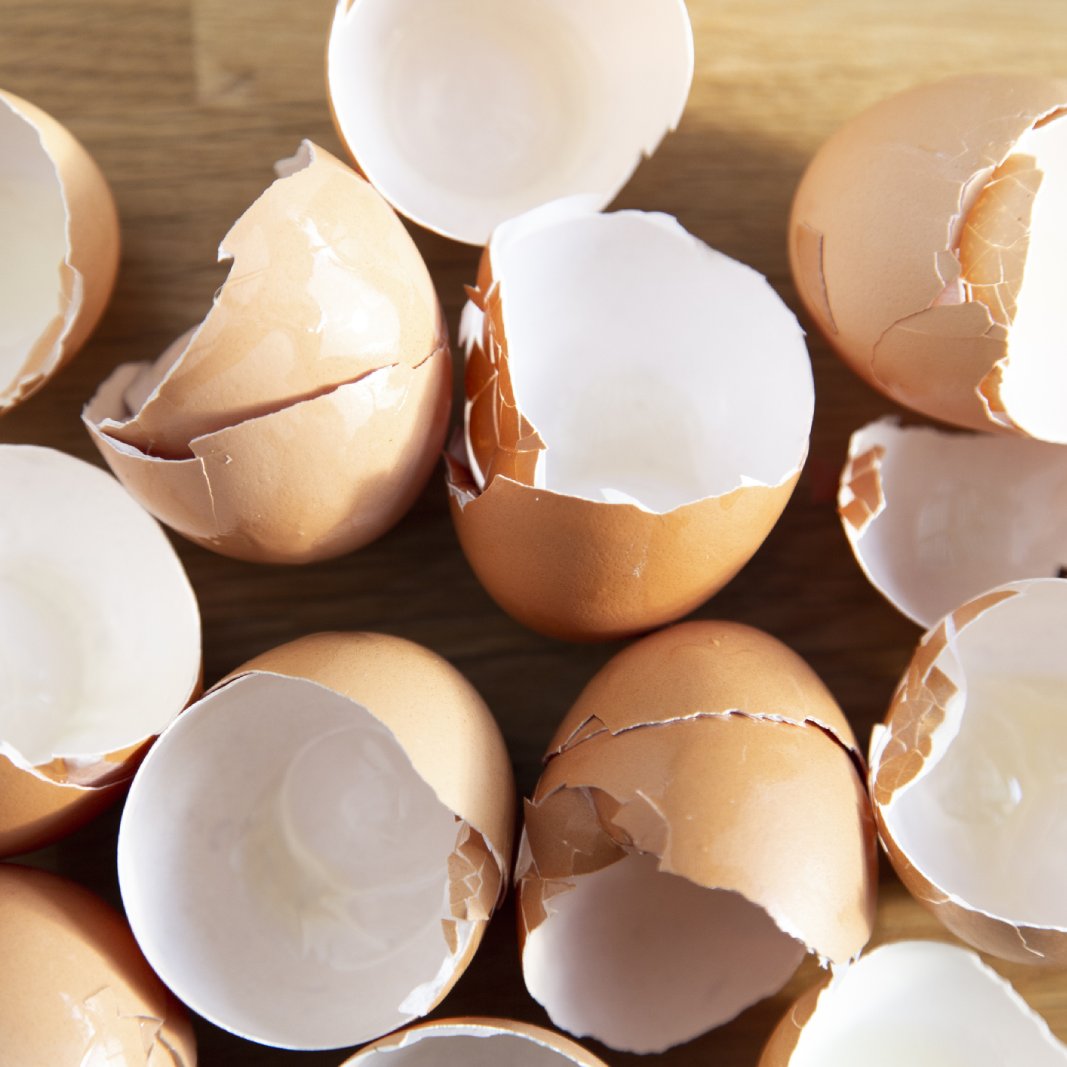
What To Do With Eggshells Before Composting Them
By Mary Ellen Ellis
-
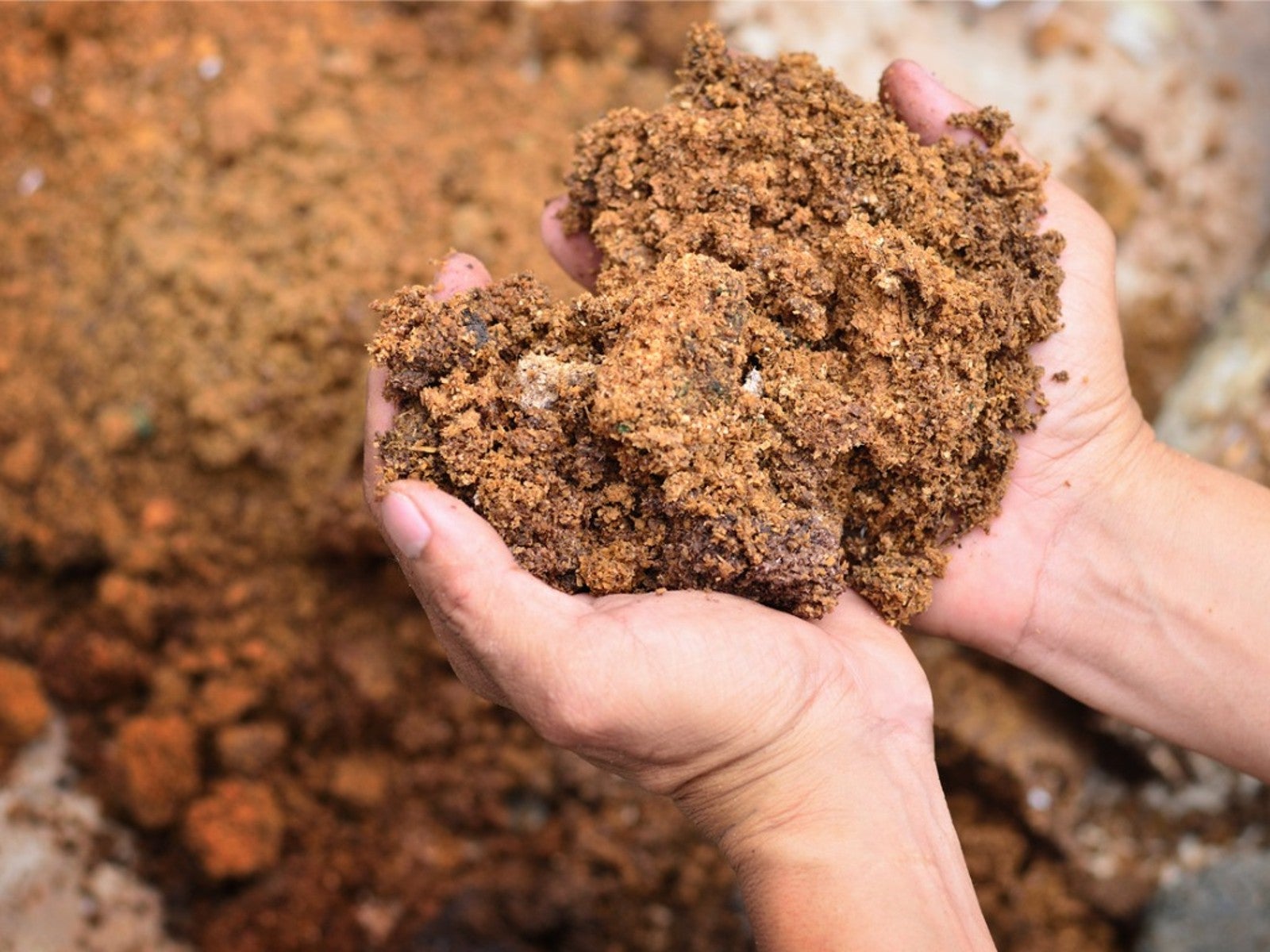
Is Mushroom Compost Good For All Plants?
Mushroom compost is great for some plants, but some dislike it. Learn which plants would rather not get a dose of mushroom compost.
By Amy Grant
-
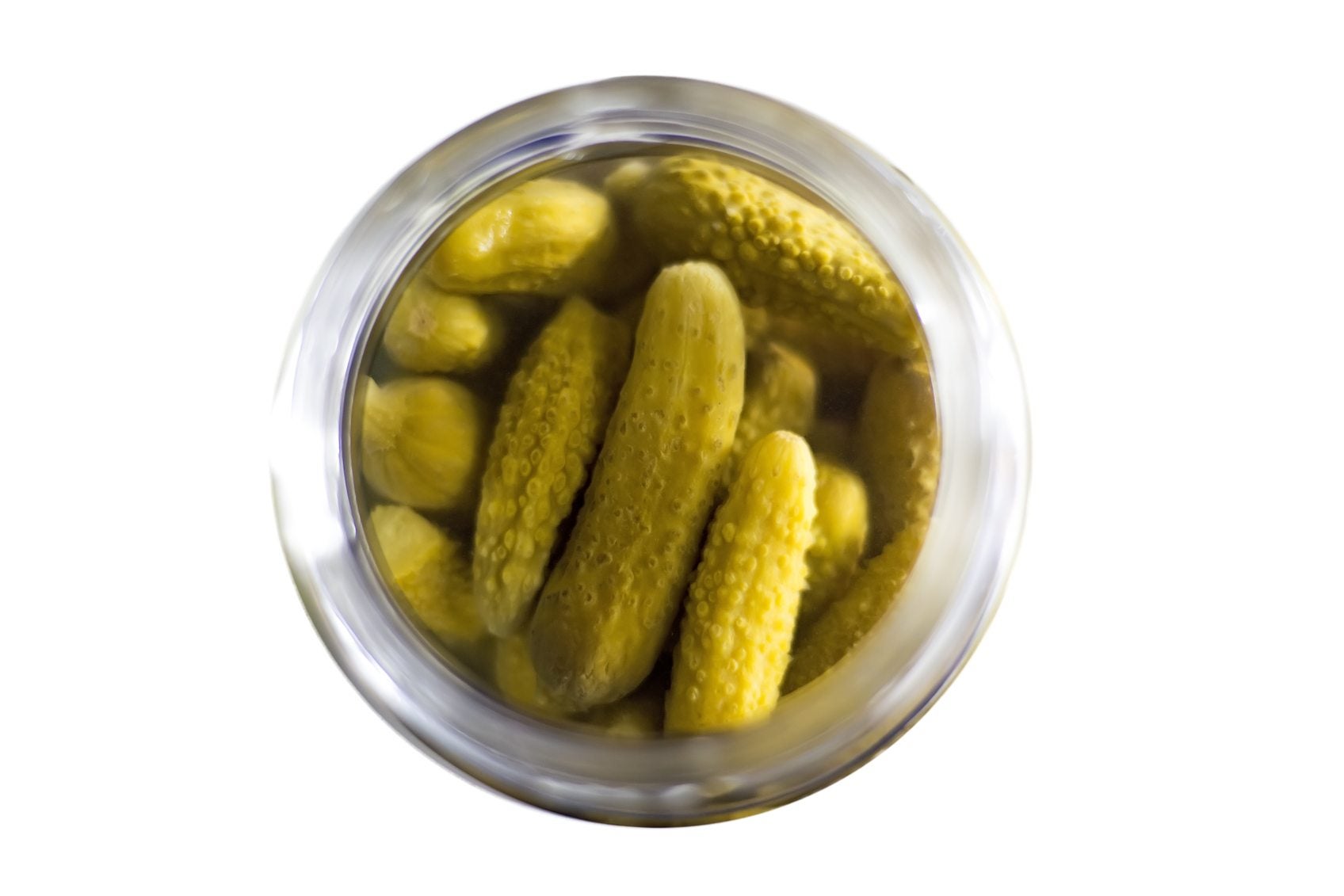
Can I Compost Pickles: Information On How To Compost Pickles
While it is true that any edible kitchen scraps can be added to the compost pile, there are also logical reasons why some things shouldn't be thrown on the pile in large amounts, like pickles. Continue reading to learn about composting pickles.
By Darcy Larum
-
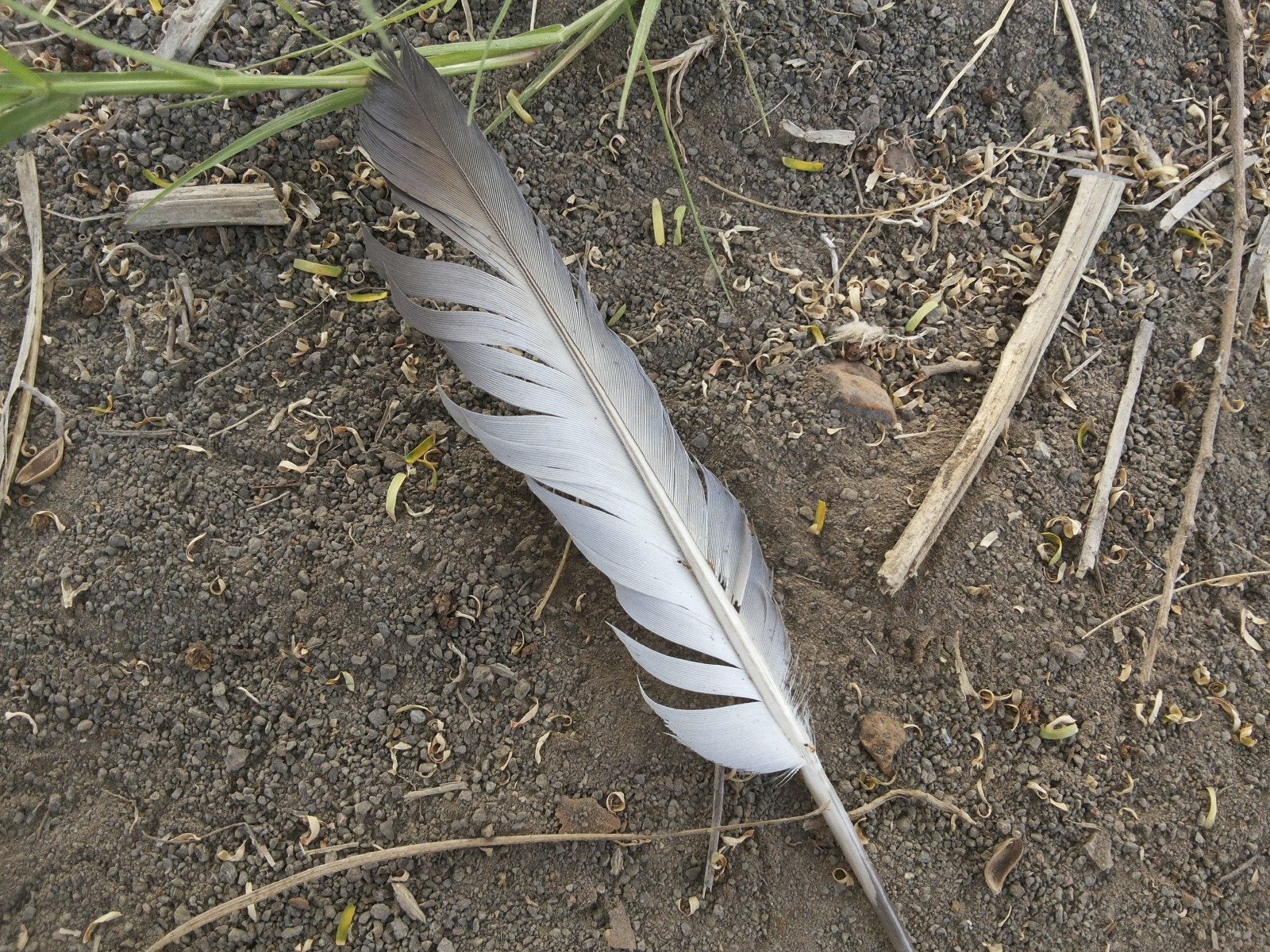
Can You Compost Bird Feathers: How To Compost Feathers Safely
Given enough time, things you may consider "garbage" can be turned into pure gold for your garden. We've all heard of composting kitchen scraps and manure, but one compostable you may not think of right away is bird feathers. Learn more here.
By Liz Baessler
-
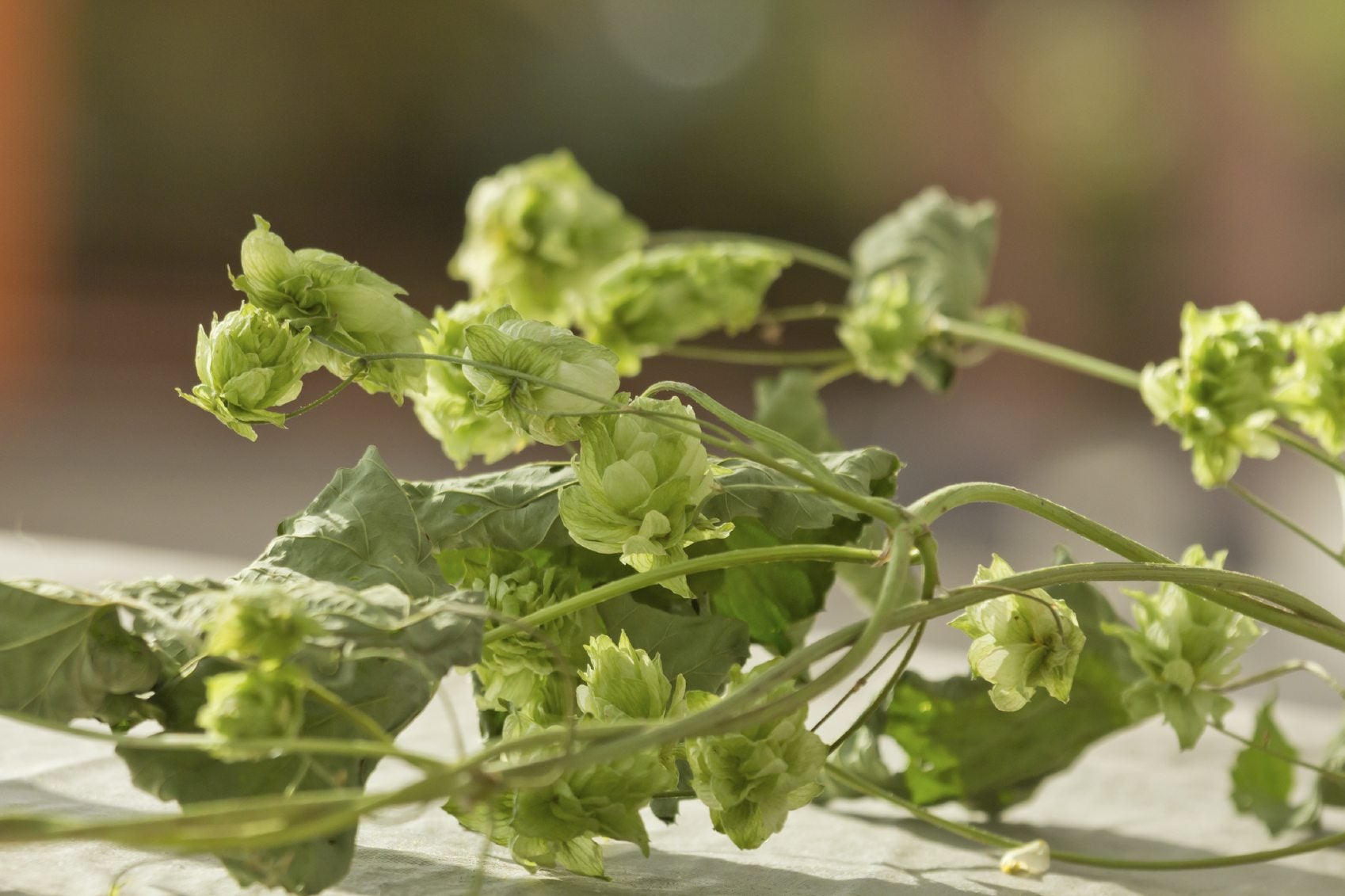
Tips On Composting Spent Hops – Adding Used Hops In Compost
Can you compost hops plants? Composting spent hops, which are nitrogen-rich and very healthy for the soil, really isn't all that different from composting any other green material. Learn about composting hops plants in this article.
By Mary H. Dyer
-
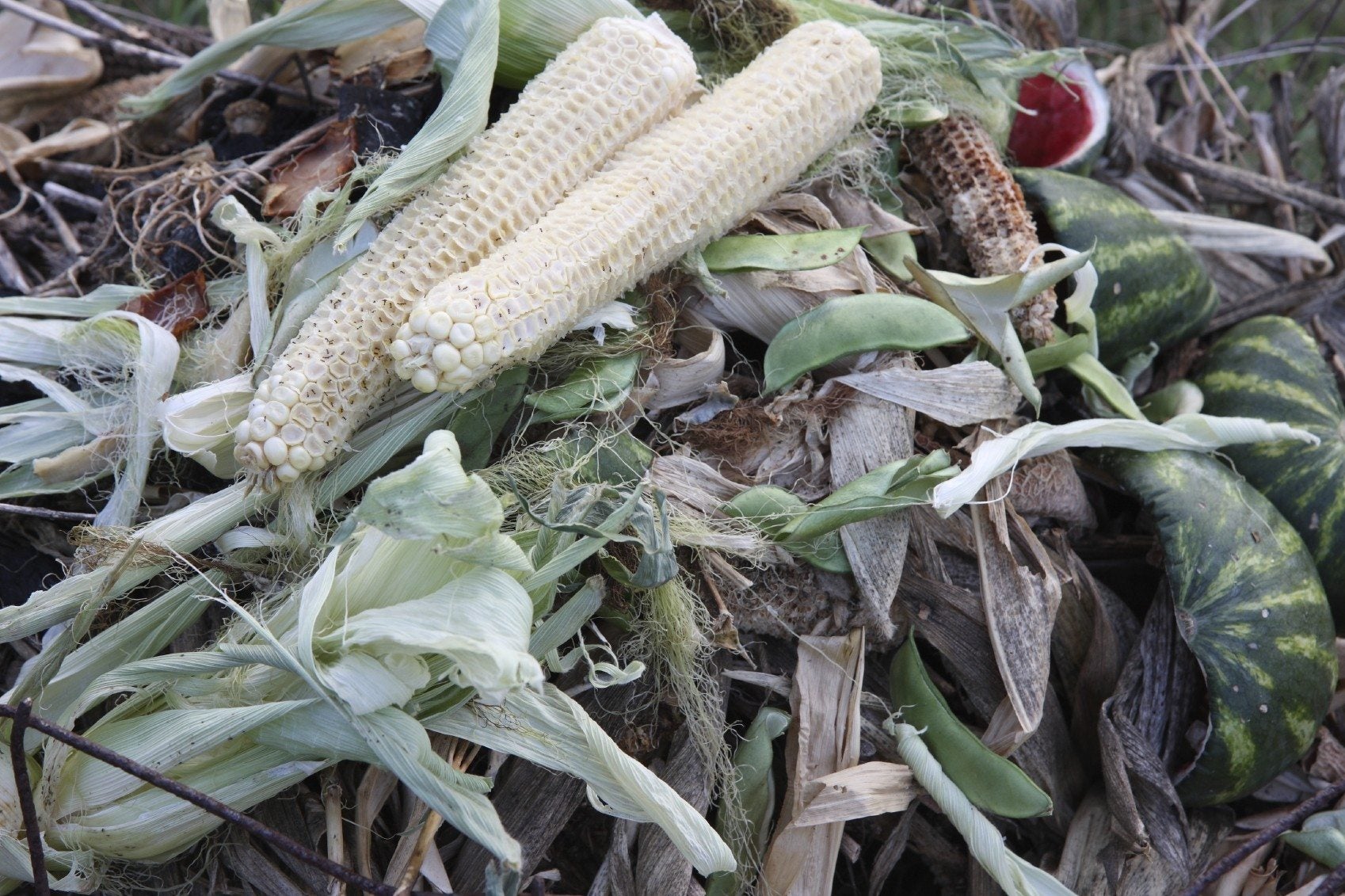
Composting Corn Cobs And Husks – Learn How To Compost Corn Plants
Composting corn cobs and husks is a sustainable process of turning garbage-bound kitchen leftovers into garden-rich nutrients for your plants. Learn more about how to compost these items for maximum success using the information found in this article.
By Victoria Blackstone
-
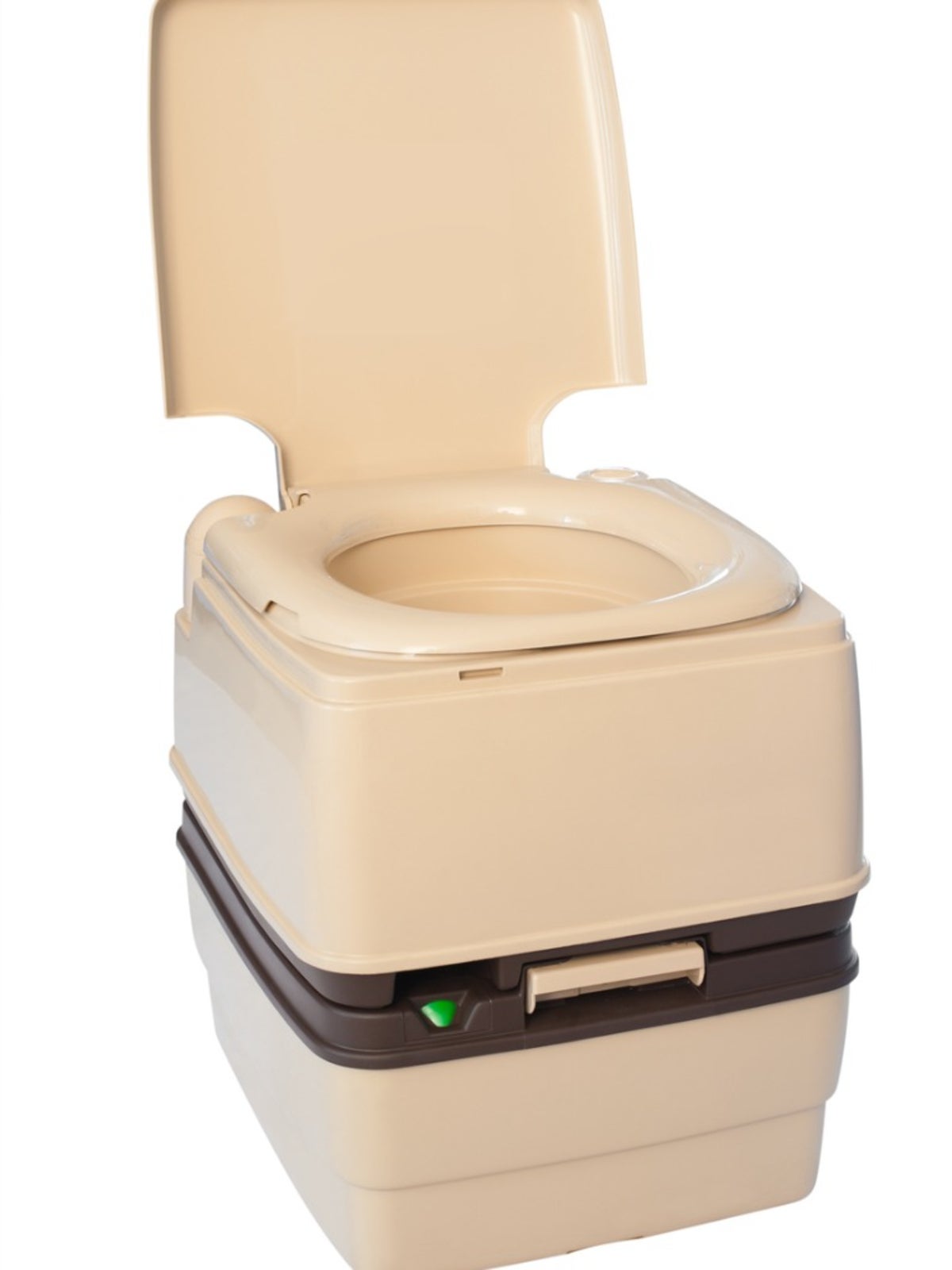
Composting Toilets - The Advantages And Disadvantages Of A Composting Toilet
Using composting toilets can help reduce water usage. This type of toilet consists of a well-ventilated container that houses and decomposes human waste. Read this article for more information.
By Nikki Tilley
-
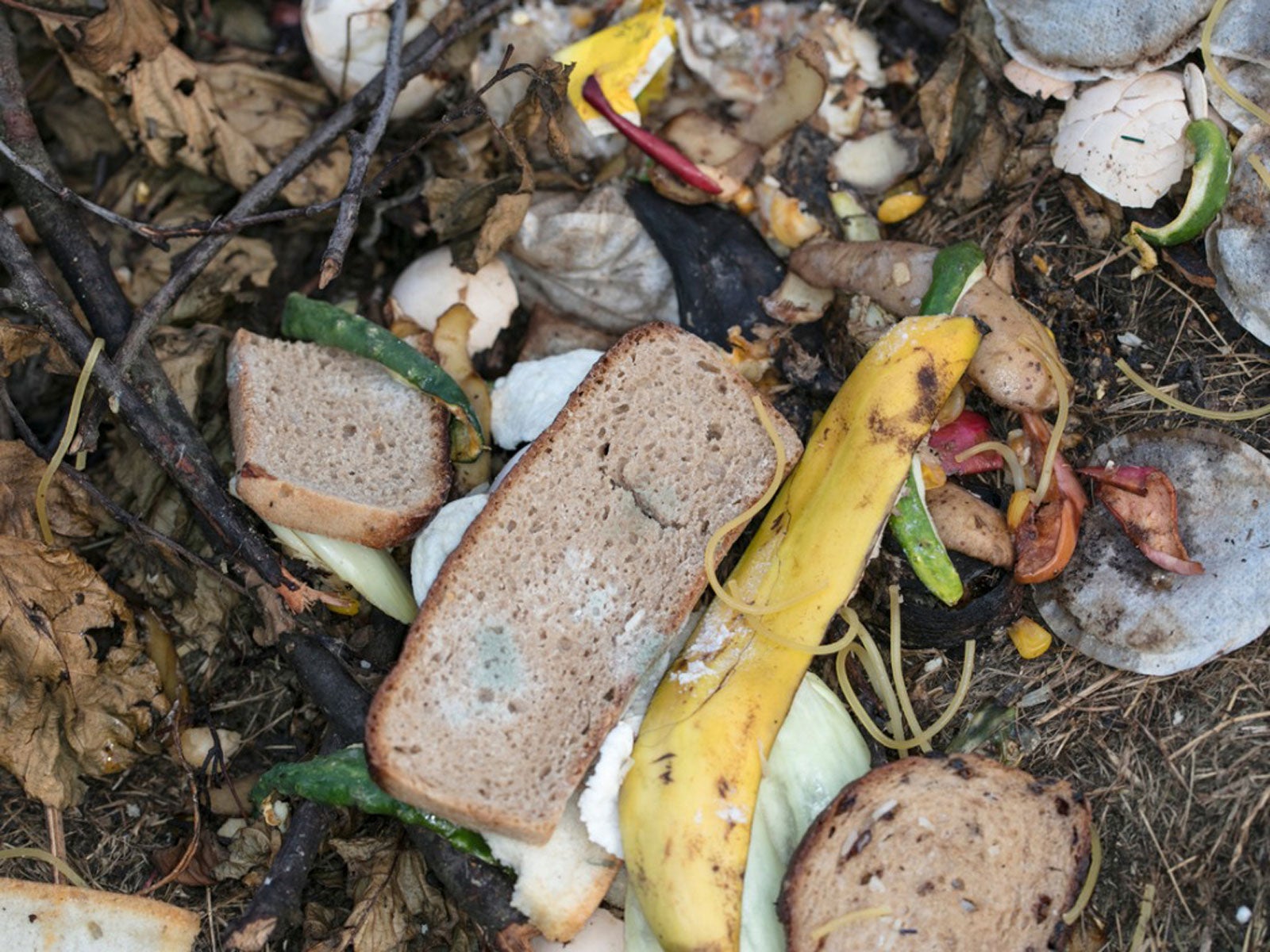
Can Bread Be Composted: Tips For Composting Bread
Among many compost enthusiasts, whether or not to compost stale bread is a topic of debate. While those against it will insist that adding bread to compost will needlessly attract pests to your pile, other composters disagree. Click here to learn more.
By Tonya Barnett
-
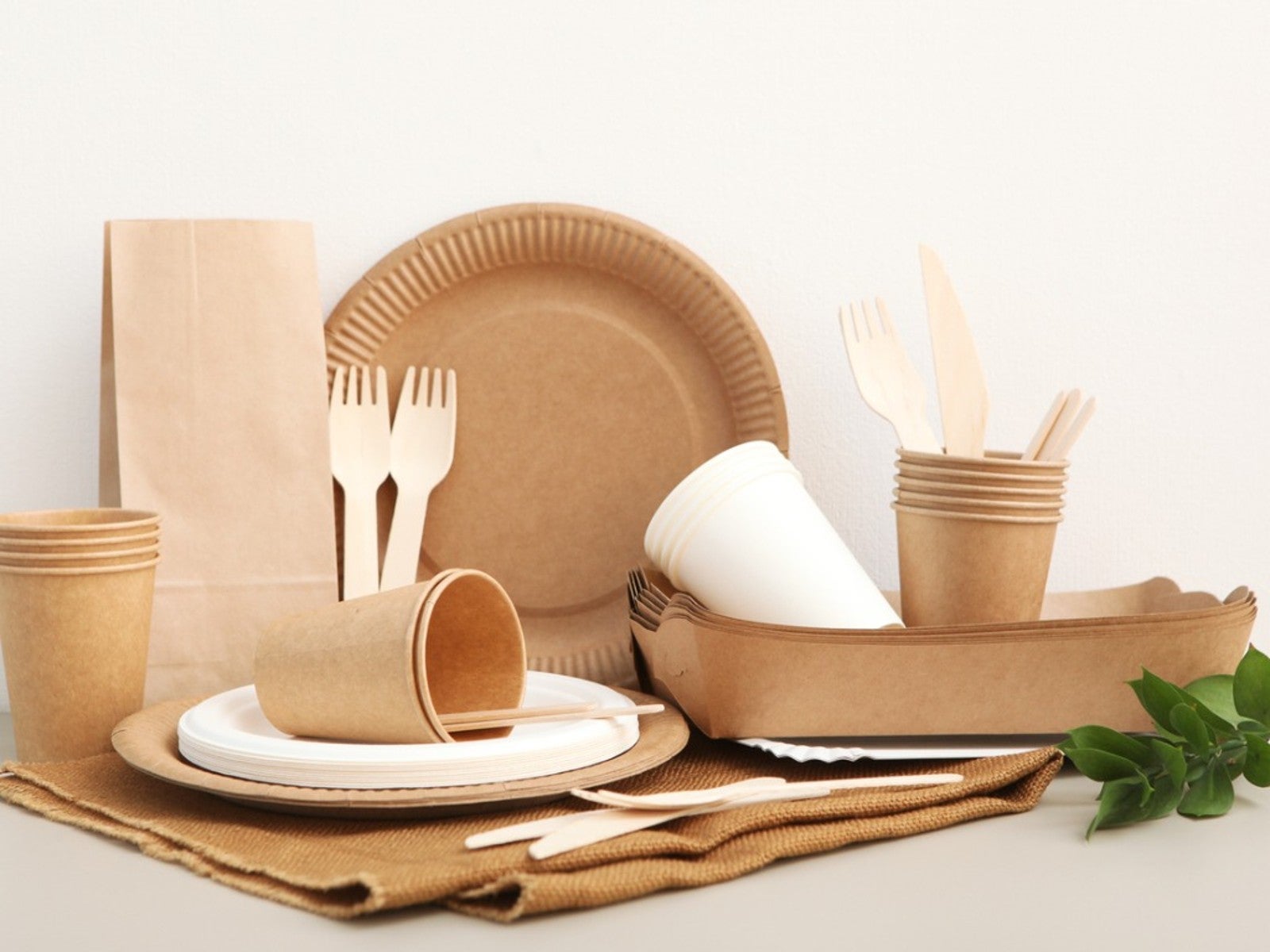
What To Do With Compostable Containers
One of the largest pollutants of our planet is plastic. Click here to learn what to do with compostable packaging.
By Amy Grant
-
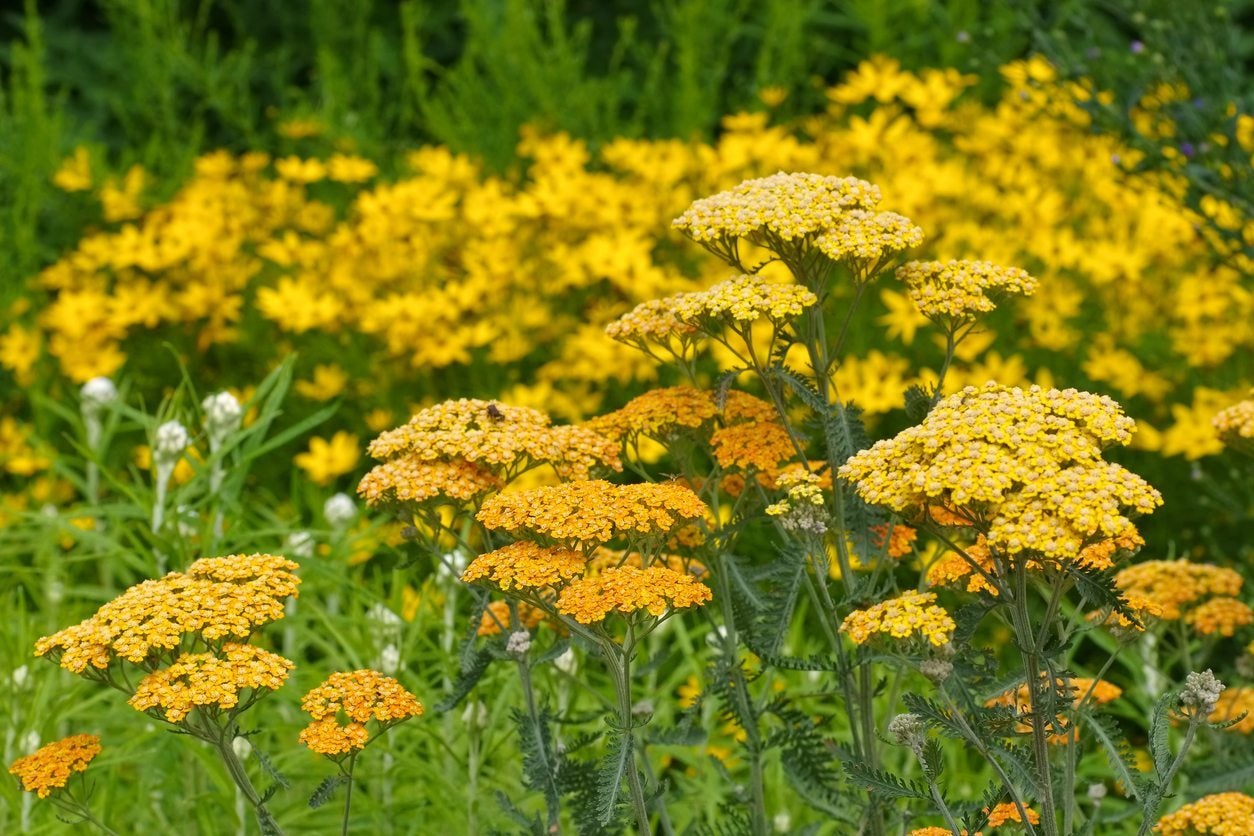
Growing Plants For Compost: Plants To Grow For The Compost Pile
Growing plants for the compost pile instead of just throwing in your kitchen waste is next level composting. Turning your food waste into nutrients is a great way to reuse and recycle, but try growing specific plants to make your compost even richer. Learn here in this article.
By Mary Ellen Ellis
-
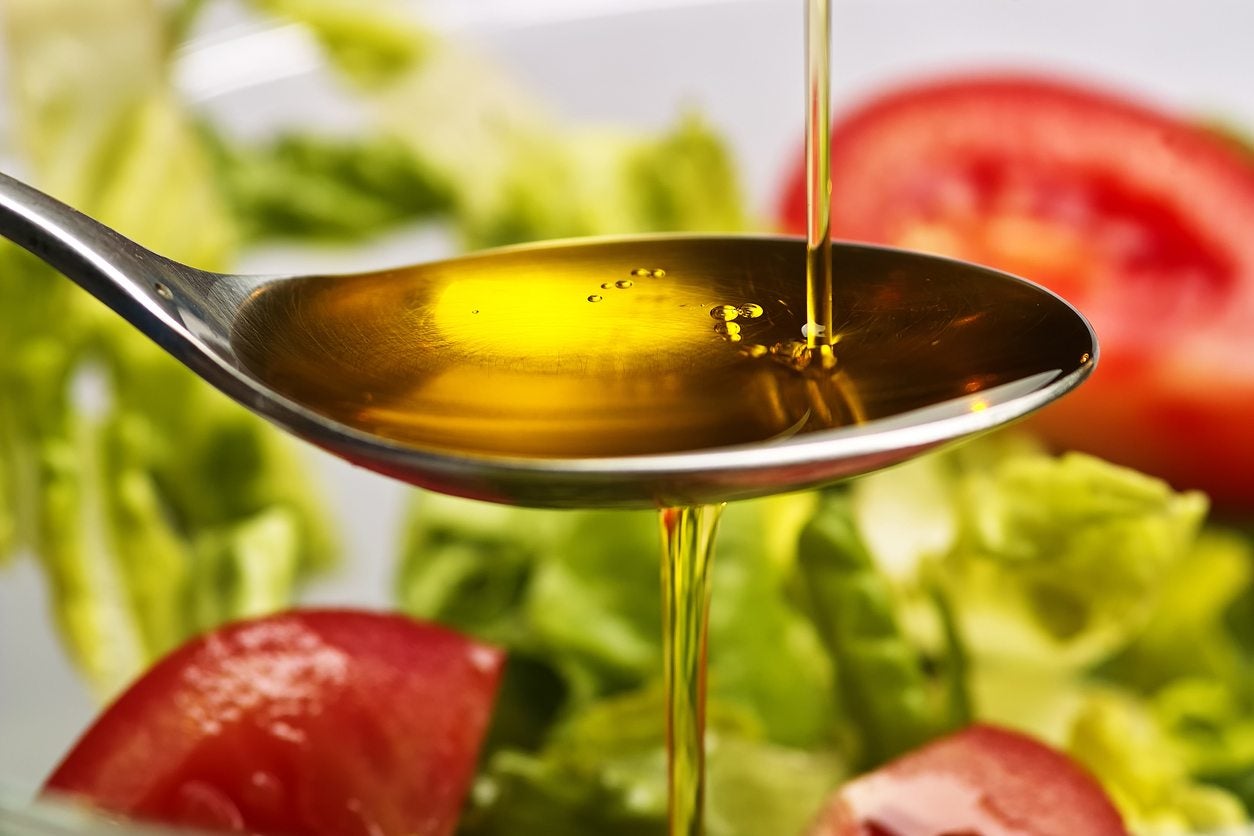
Vegetable Oil In Compost Bins: Should You Compost Leftover Cooking Oil
Composting is big and for good reason, but sometimes the rules about what is compostable can be confusing. For instance, can vegetable oil be composted? Learn more about adding vegetable oil to compost in this article.
By Amy Grant
-
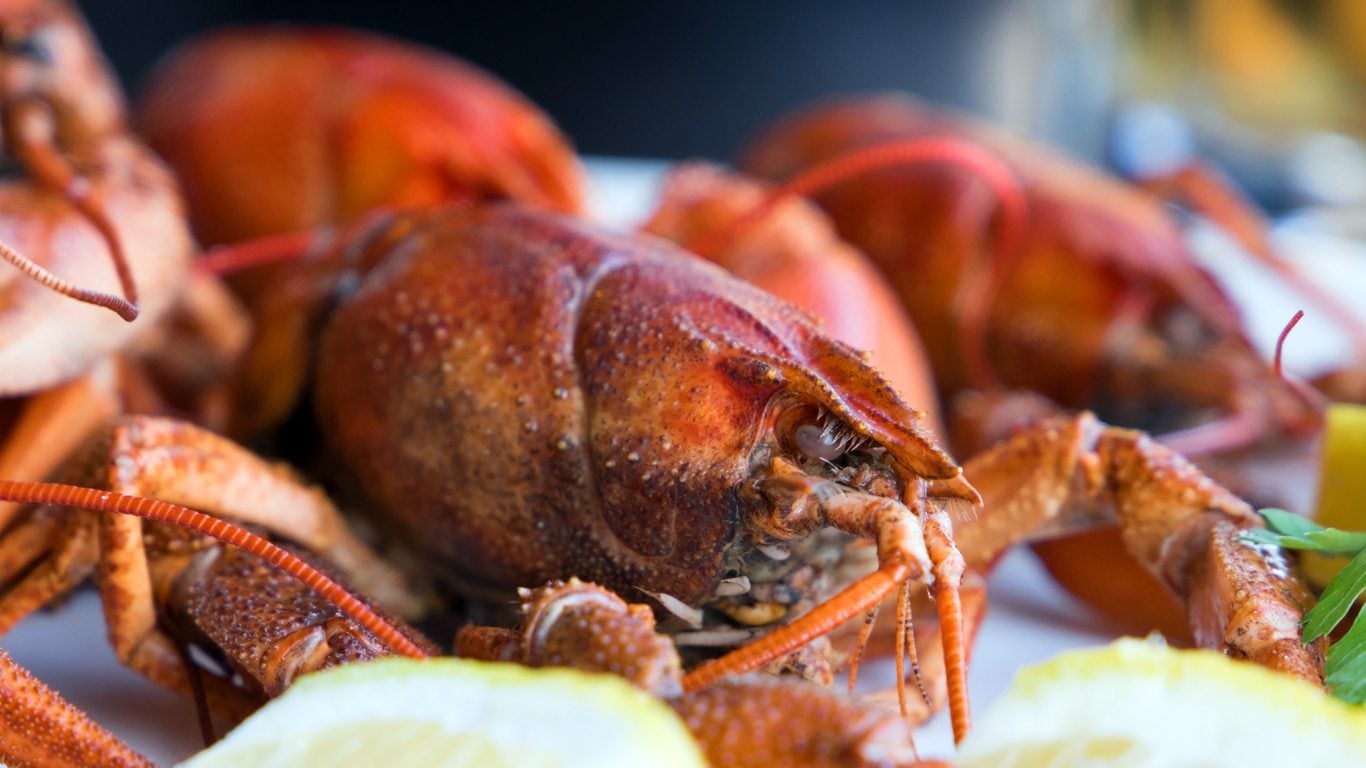
Using Lobster Shells In The Garden: Learn How To Compost Lobster Shells
Lobster byproducts are legally dumped back into the ocean or used in the production of compost. Many lobster producers in Maine and Canada have jumped on the compost bandwagon. Want to learn more about composting lobsters shells? Click here.
By Darcy Larum
-
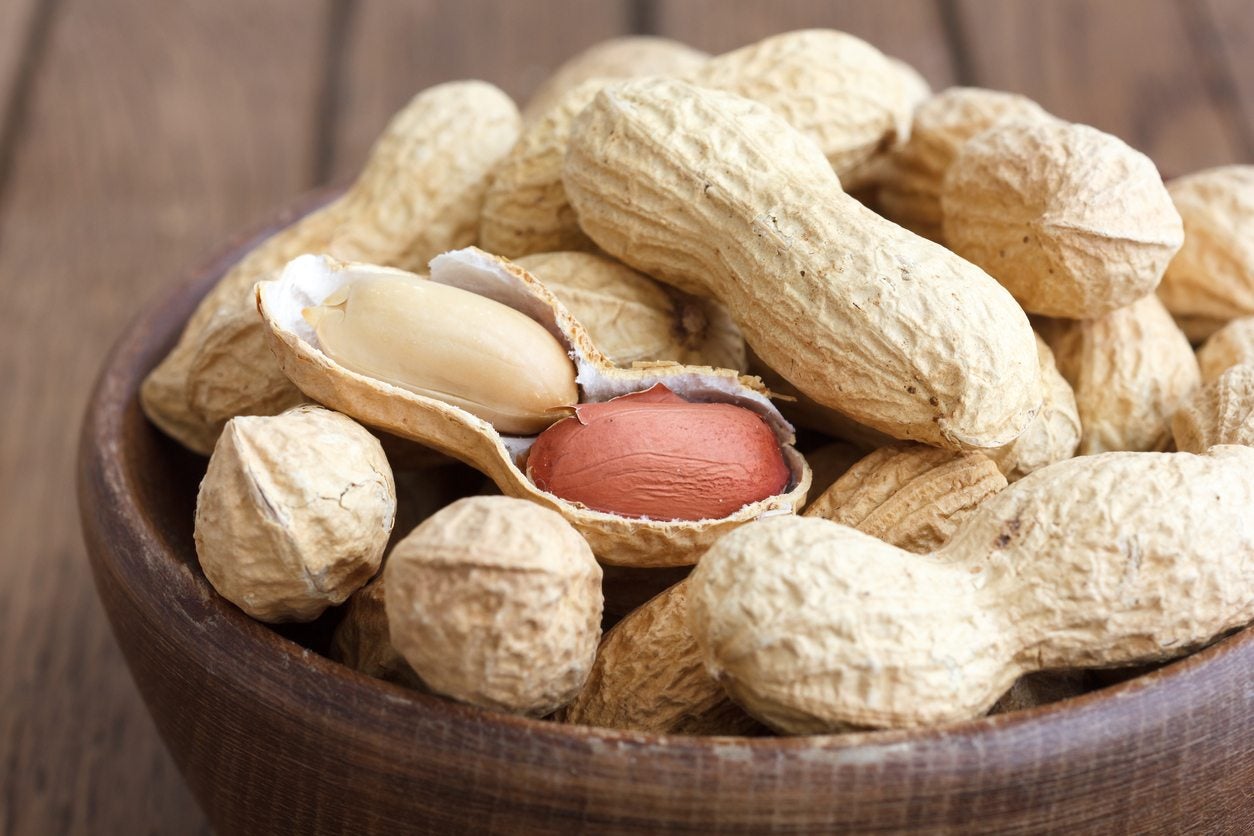
Can I Compost Peanut Shells – Tips On Composting Peanut Shells
Composting is the gardening gift that keeps on giving. You get rid of your old scraps and in return you get rich growing medium. But not everything is ideal for composting. Click this article to learn more about putting peanut shells in compost.
By Liz Baessler
-
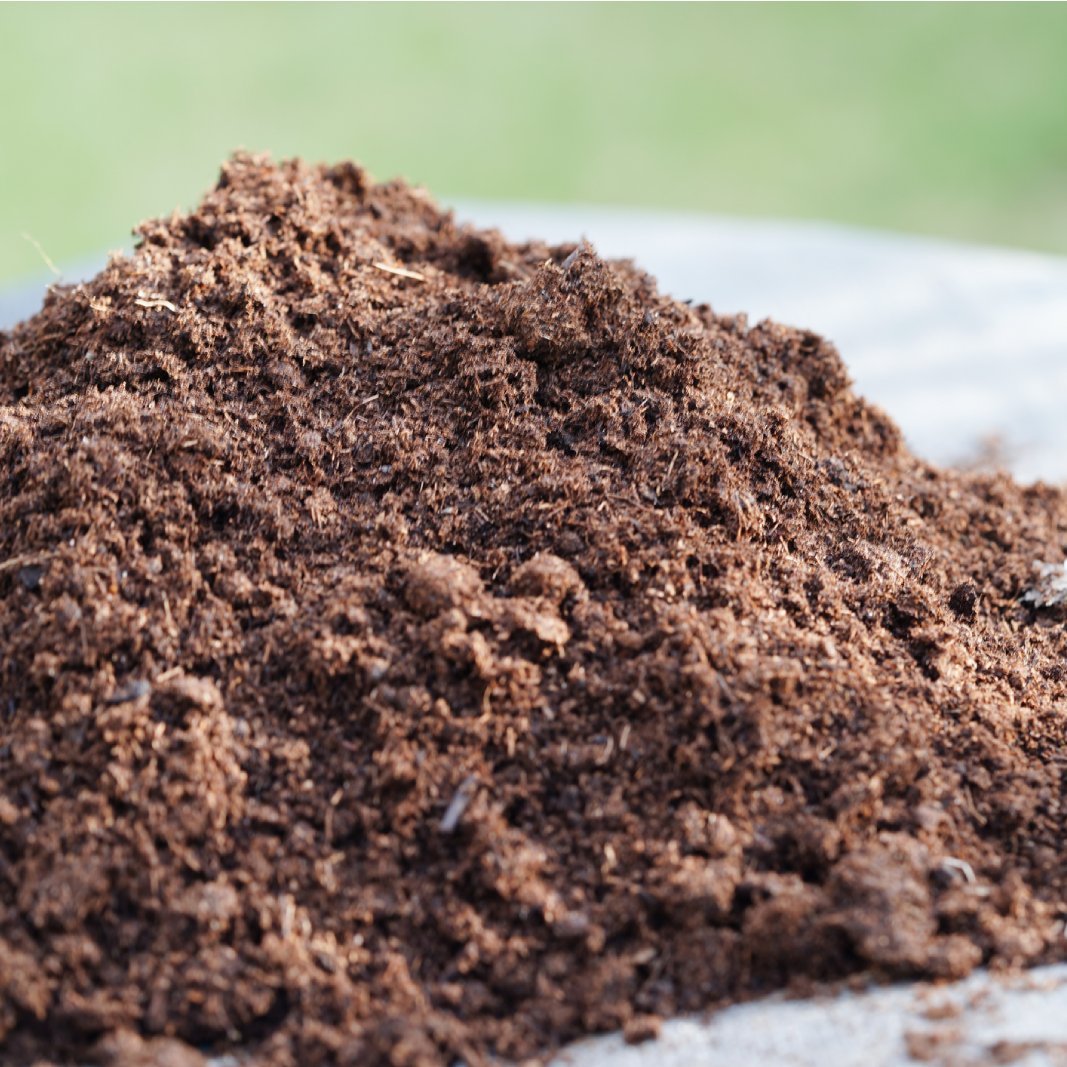
Composting With Biosolids: What Are Biosolids And What Are They Used For
By Darcy Larum
-
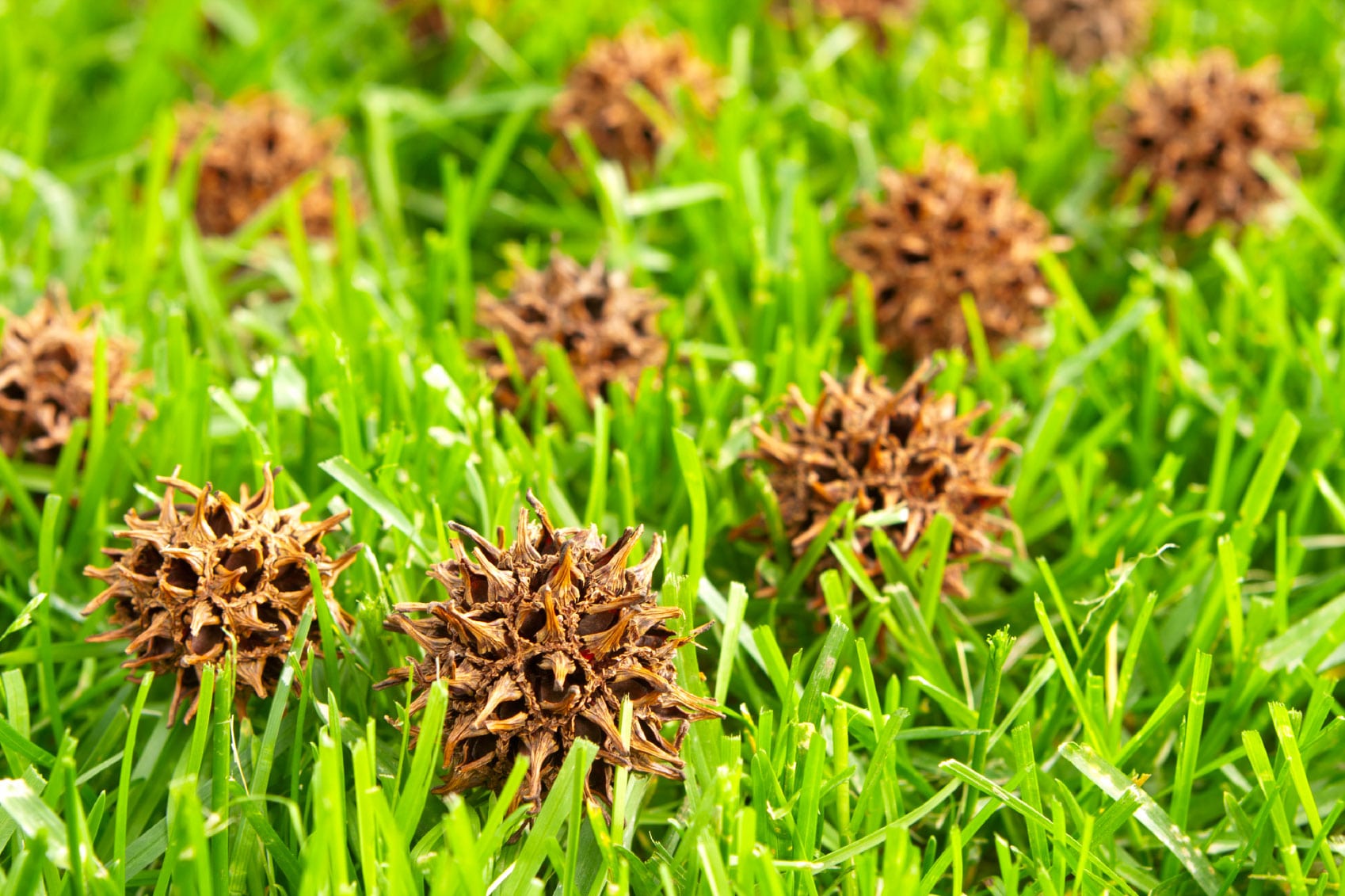
Can You Compost Sweetgum Balls: Learn About Sweetgum Balls In Compost
Sweetgum balls are anything but sweet but the prickly fruit of sweetgum trees. Most people want to know how to get rid of the tree, keep it from fruiting, or if you can compost sweetgum balls. Find out about composting gumballs here.
By Amy Grant
-
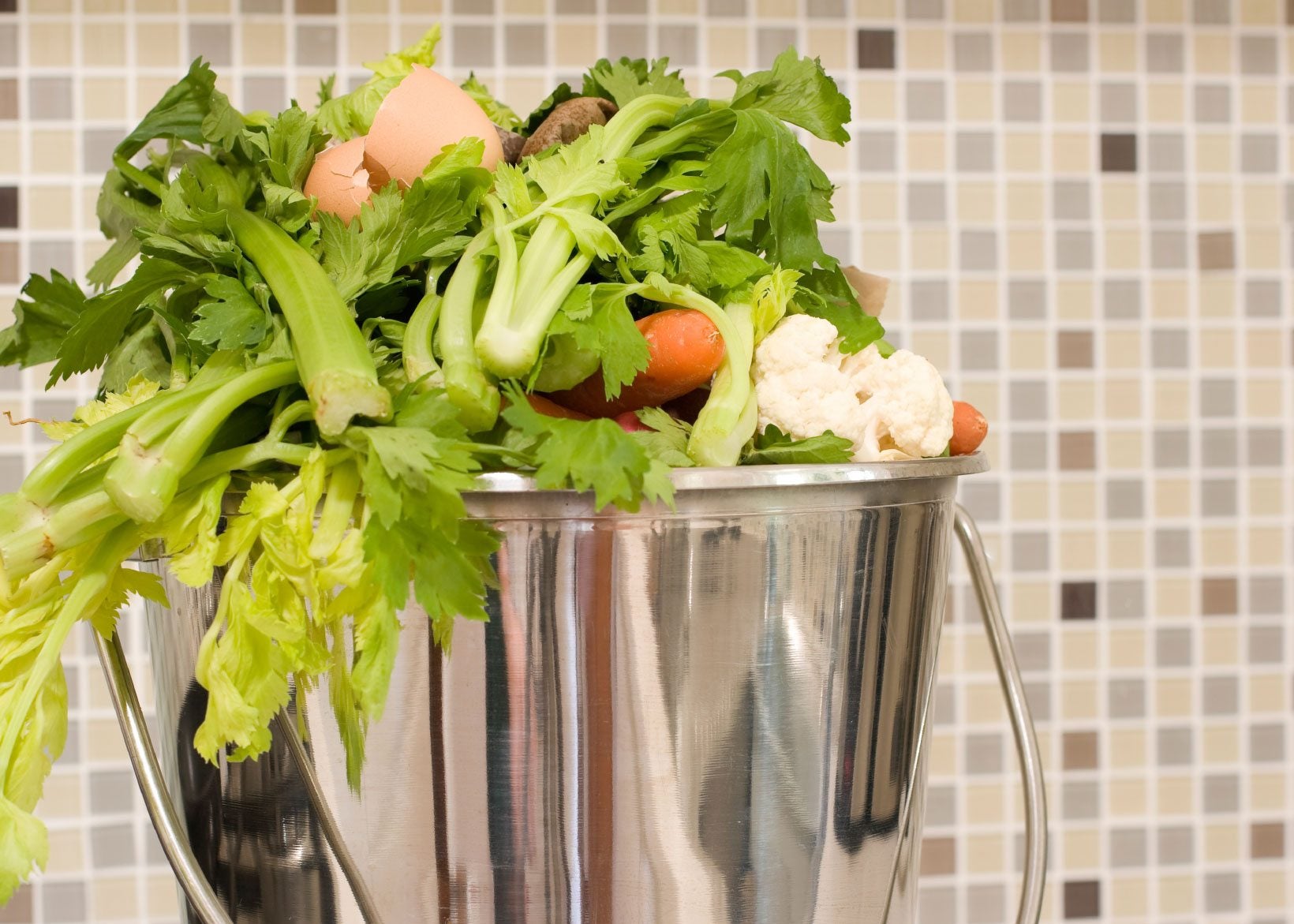
Kitchen Composting: How To Compost Food Scraps From The Kitchen
If you are new to composting, you may wonder how to compost food scraps. There are many ways to begin kitchen waste composting. Start saving scraps and read this article to get started.
By Bonnie L. Grant
